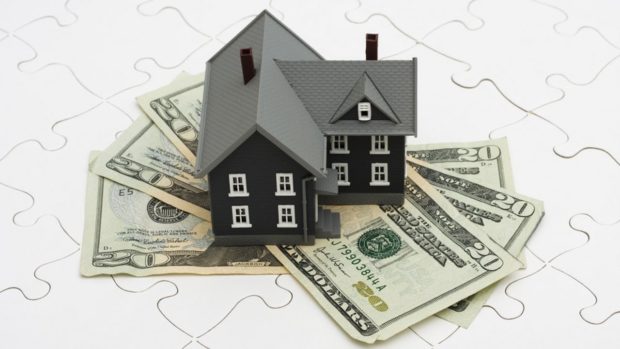There are a lot of people who think that real estate is just about properties, and that these properties are nothing more than dollars and cents on a balance sheet. While it’s essential to think in terms of making a profit, often, other variables are harder to stuff into a spreadsheet. These less tangible variables are often harder to pin down than the more basic elements, but they transform the entire process into a more desirable one.
Perhaps the hardest way to think in terms of real estate is to consider whether it works as well in terms of being home, as it does in terms of being an investment. At the end of the day, when it comes to properties, ultimately, someone is going to have to use them for something other than simply passing on to the next person.

The Game of Profits
When you first begin to think about a piece of real estate, especially in the residential sphere, it’s necessary to begin thinking of it as an object that’s going to put money in your pocket at some point. While this point may be weeks, months, years, or even decades in the future, at some point, the proverbial cash register is going to have to start to ring. If it doesn’t, there’s no element of investing here, and you might as well just take your money to a casino and start pulling the levers.
The thing about profit is you have a lot of different options for how you’ll make money and when you’re going to make money. In a lot of cases, you can even make early choices that will determine how much money you’re ultimately going to make. Many of these decisions can be made with relative ease because you’re going to carry some degree of assumption into the deal with you. But then, it’s important to realize and acknowledge the fact that there are going to be some assumptions being made.
The Assumption Game
Assumptions make the world go around, even when people don’t always realize that this is the case. Just as one example, any time you take a step, you’re assuming that the ground beneath your feet is going to be solid when one foot rises and then falls. Without the ability to trust that a reasonable number of assumptions you’re most likely already making are both true and correct, you won’t even be able to stay sane, let alone focus on accomplishing any long-term goals.
One of the most basic assumptions that anyone who invests in real estate is going to make is that a property you buy and own for some length of time is going to function as a home. While this property may not be functioning as a home for you, it’s still going to have to function as a home for someone at some point in time.
The Home You Get
Let’s put aside the reasons why you might buy a home to invest in for a moment. When you’re evaluating whether the home you’re considering to get is a good investment or not, it’s important to think through whether or not this home can function as an enjoyable and comfortable place for someone else to live in. When you think in terms of comfort, this becomes a relatively simple question if you’re okay with thinking intuitively. From an intuitive perspective, how does the place actually feel when you go there?
It’s tempting to simply think that all of the SoCal Home Buyers who might end up looking at the place you have on offer are going to feel precisely the same way when they go to the home you have available, but this is by no means the case. One of the major assumptions that many people end up making is that how you are and what you consider a home-to-be is going to be the same as how someone else is, and that their vision of what a home is will be the same as your vision would be.
While it’s essential in many cases to make assumptions, when it comes to something as personal as a home, it’s also crucial that you understand when you’re making an assumption. The assumption that one type of person is going to feel a certain way when they get to a particular home is one that needs to be kept under careful control. The notion that there’s some manner of the one-size-fits-all notion of any kind of home needs to be removed from your list of assumptions, before it becomes a dangerous assumption to keep.
When an Investment Becomes a Pain
There comes the point in which a home can become less of an investment, and more of a pain. When the home you’ve bought for any reason ends up not making you money, and even providing you with a return of sadness and challenge, it may be time to begin to evaluate what sorts of assumptions you brought into the deal with you at the outset. These assumptions tend to be potentially damaging to you, both from a financial perspective and from the perspective of your overall emotional state.
In many different cases, it’s essential to realize that no matter how strongly you may have held on to a particular group of assumptions regarding a home, it may not be right to continue to hold on to the home itself. If the home is hurting you, for example, it may be that holding on for a more extended period of time may be helpful down the road. At the same time, it may also be the case that letting go of the home may be the best way to allow the investment you made to return a level of calm and sanity to your life.



